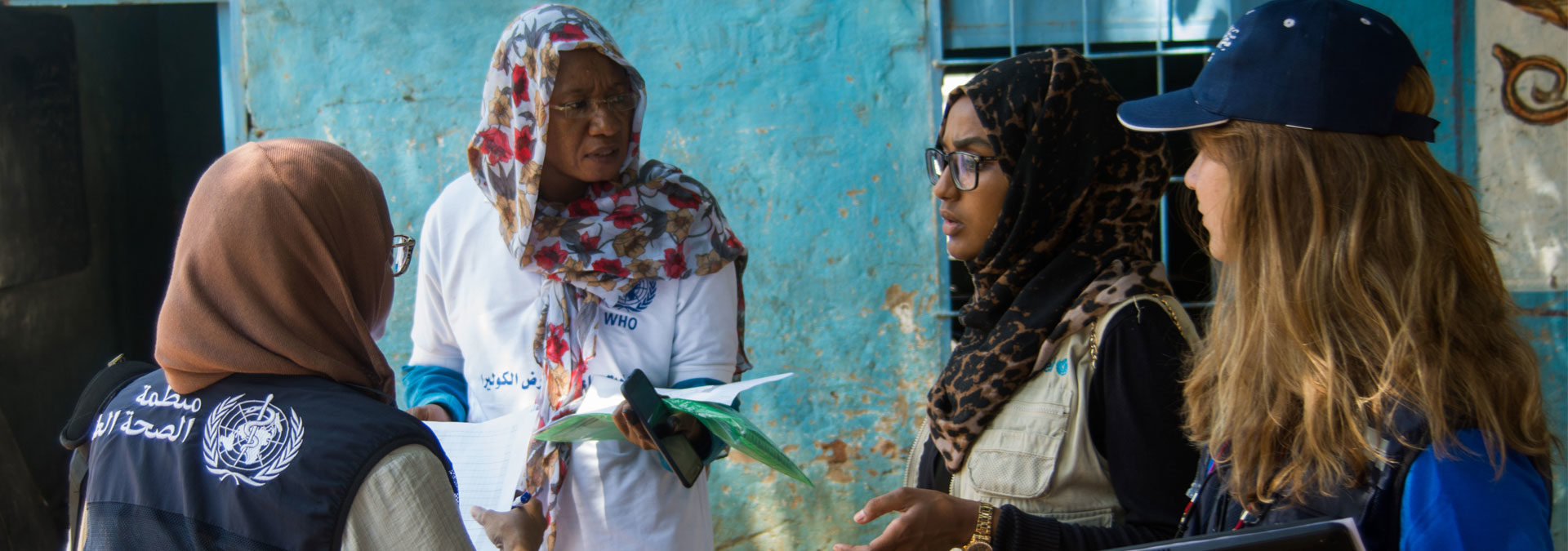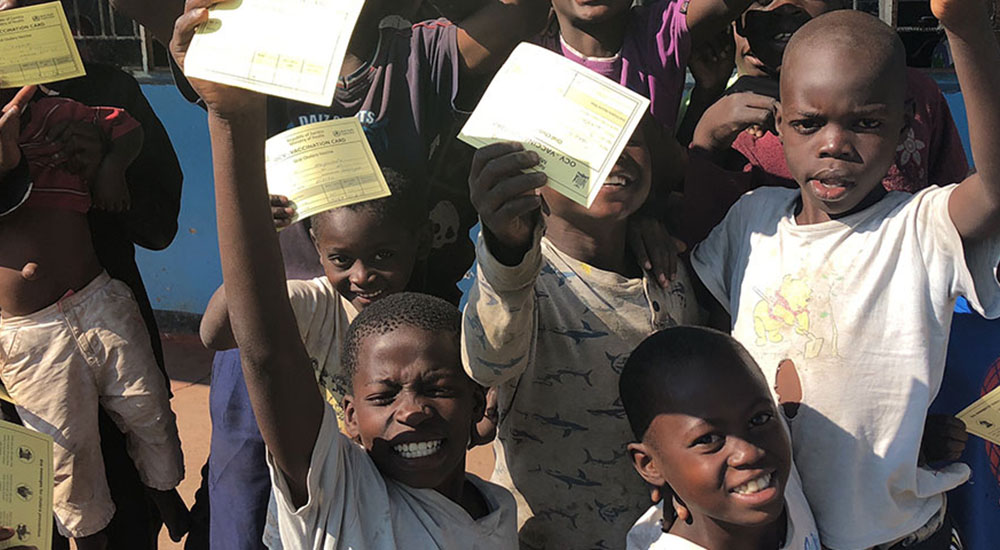Roadmap 2030
A global strategy to reduce cholera deaths and stop cholera transmission

A global strategy to reduce cholera deaths and stop cholera transmission


The global strategy for cholera control aims to reduce cholera deaths by 90% and the eliminate the disease in 20 countries by 2030.
The Global Roadmap brings together governments, partners, donors, and financiers under a common strategic framework to eliminate cholera by focusing on three key axes:
to contain outbreaks
focused interventions in cholera PAMIs
for effective technical support, resource management and progress tracking

With efforts directed to countries affected by cholera, our strategy consists of organizing multi-sectoral, simultaneous interventions, with coordination and support provided by the GTFCC.
Engaging communities, improving early warning surveillance systems, building laboratory capacities, improve access and quality of care, and increase supplies availability are part of swift response actions.
By identifying PAMIs, the strategy allows partners implement solutions that prevent cholera transmission.
The GTFCC mobilizes partners from across all sectors to provide a strong platform for advocacy and communications, fundraising, inter-sectoral coordination, and technical assistance.
Controlling and preventing cholera contributes to achieving the UN’s sustainable development goals:
Ensure healthy lives and promote well-being at all ages
Ensure access to clean water and sanitation for all
Reduce inequality within and among countries

With the commitment of countries, partners, and donors, the GTFCC is working to achieve the goals set forth in the Global Roadmap.
Global Roadmap Theory of Change
Early detection and quick response to contain outbreaks
A targeted prevention strategy in cholera PAMIs (formerly ‘hotspots’)
GTFCC support and coordination of human, technical and financial resources
eliminate cholera
outbreaks in fragile settings
![]()
Reduction in cholera deaths
The strategy is designed to make a strong impact in the short term while implementing disease surveillance, case management and other control measures in the long term.

To ensure sustainable WASH solutions for populations most at risk

To build strong preparedness and response strategies

To improve access and quality of care to reduce cholera related deaths

To confirm suspected cases and track progress

To prevent cholera and protect communities

To involve community leaders, raise awareness and communicate about strategies
Each year, milestones mark progress toward our goal